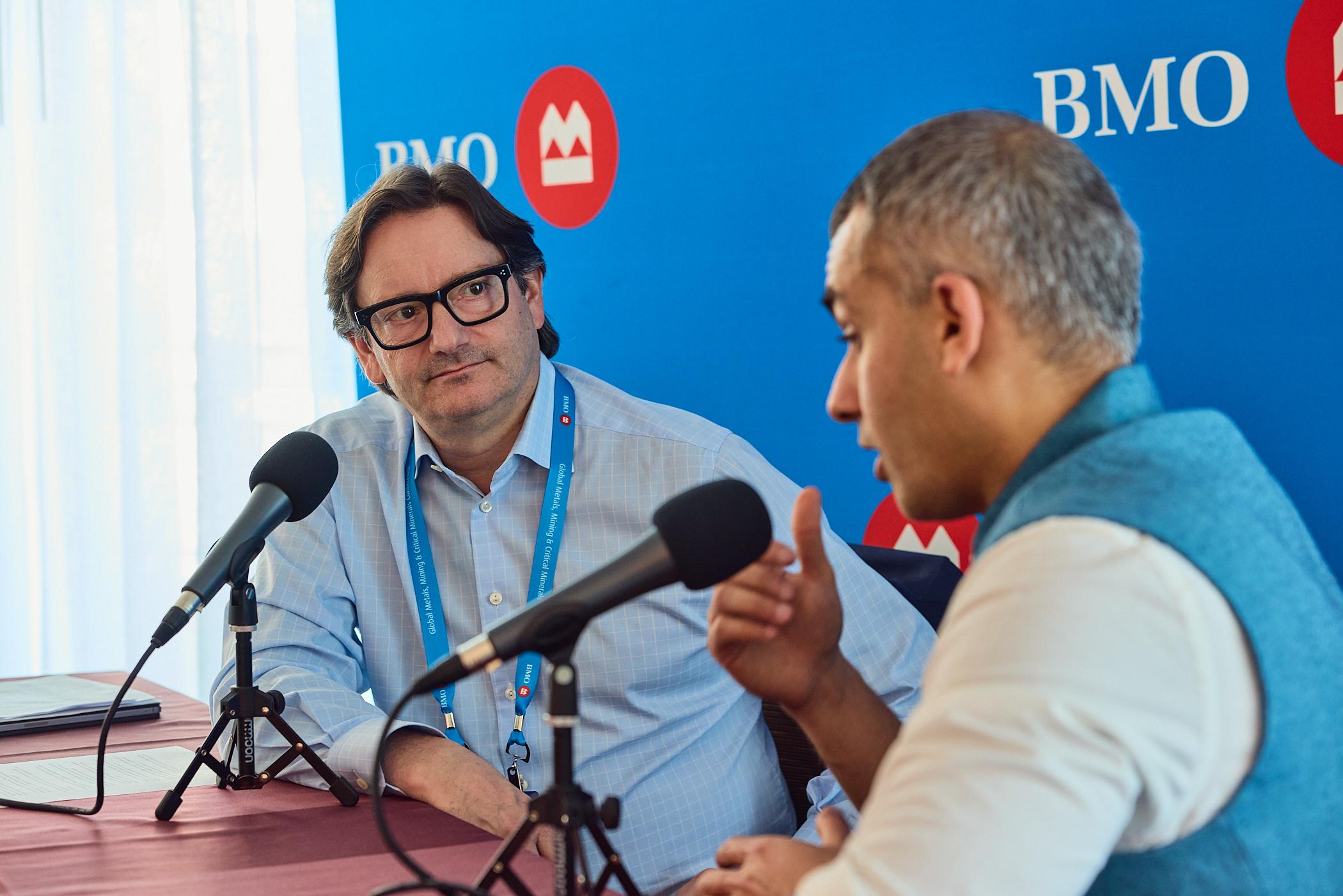“The world has woken up to the scale of our biodiversity crisis. And if we don’t urgently stop and halt and reverse the loss of nature, we are in for a really bad time as a planet. And so, given that mining is a nature-based industry, the world is rightly looking to ask to show leadership,” said Rohitesh Dhawan, CEO of the International Council on Mining and Metals (ICMM).
Dan Barclay, Chief Executive Officer of BMO Capital Markets, sat down with Rohitesh on the ground at our 32nd Global Metals, Mining & Critical Minerals Conference.
In this episode:
The shift in demand to critical minerals
How to keep the industry focused on responsible stewardship of the planet, even as demands intensify to produce the metals and minerals needed for economic development
The critical enablers to suppling feedstock materials for a sustainable transition
How mining can prioritize for climate change and in ESG
Where mining industry is progressing on DE&I, and where it is still falling short
Sustainability Leaders podcast is live on all major channels including Apple, Google and Spotify.
